Planet Earth needs YOU!!
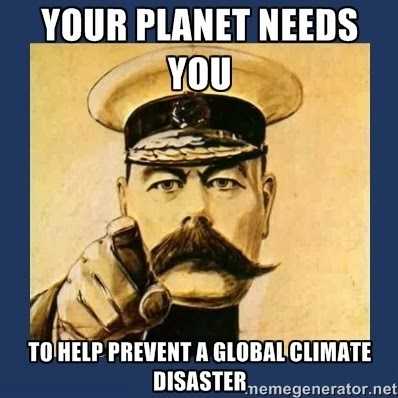 “…, what we are doing to the world… the pollution, in terms of emissions of global-warming gases, coming from the amount of cows that are being produced is incredible. The cruelty is horrible and I don’t necessarily want to support that and I want to live a healthier life.”
“…, what we are doing to the world… the pollution, in terms of emissions of global-warming gases, coming from the amount of cows that are being produced is incredible. The cruelty is horrible and I don’t necessarily want to support that and I want to live a healthier life.”
Lewis Hamilton, six-time Formula One Champion, on how his environmental and animal-welfare concerns led him to go vegan in 2017.
The climate politics of food
The argument that human – more specifically, capitalist – action is responsible for global heating, and the consequent ever-more unprecedented extreme weather events around the world, is now unanswerable.
Increasingly, as well as trying to reduce industrial CO2 emissions, more and more people are examining the contribution of the intensive capitalist animal-farming industries to the global Climate Crisis. Environmental journalists and campaigners, such as George Monbiot, have been urging people, as a first positive action – one immediately available to all individuals – to significantly reduce their consumption of meat, dairy and fish products. Currently, over 70 billion land animals are slaughtered each year for human consumption.
In addition, several environmentalists have been arguing that a fully vegan diet (no meat, no dairy, no fish) is not only better for our health and kinder to animals, but is also increasingly crucial for our world’s environment. This is because a vegan diet requires much less land and water, and generates far fewer greenhouse gases, than a diet based on meat, dairy and fish.
However, this piece does not present arguments for moving towards veganism based on animal welfare or on human-health aspects (eg., the links between intensive animal farming and viruses such as Covid-19). Those concerned about animal welfare can find useful information on the following sites:
www.viva.org.uk/guides/animals
Those interested in human health can check out the following:
https://www.viva.org.uk/blog/listeria-outbreak
In fact, there has been a growing recent trend for top athletes from a variety of sports to adopt veganism in order to enhance their performances:
https://www.greatveganathletes.com/
https://www.ranker.com/list/athletes-who-are-vegan/people-in-sports
Apart from Lewis Hamilton, there are many runners (such as ultra-marathon runner Scott Jurek; champion free-runner Tim Shieff; and IronMan tri-athlete Dominick Thompson), boxers (Bryant Jennings) and even weightlifters (Zack Belknap) who have gone vegan. Other top athletes adopt a vegan diet temporarily, when preparing for big events.

Why many top world athletes are turning vegan
Instead, this piece will focus on the environmental arguments for adopting a vegan diet, dealing with four main areas:
• Greenhouse gas emissions
• Food security
• Land degradation
• Water scarcity
Greenhouse gas emissions
The evidence is now clear that a serious factor behind the Climate Crisis is the large-scale meat, dairy and fish industries across the world. Globally, the meat and dairy industries produce more greenhouse gases than all the world’s transport systems put together. As early as 2006, the UN Food & Agriculture Organisation had calculated the figures as 18% and 13.5% respectively. This makes the livestock industries the second biggest source of global warming.
As well as CO2, these industries produce massive amounts of methane and nitrous oxide; for instance, the meat and dairy industries produce a staggering 18 million tonnes of methane each year. Livestock farming is responsible for 65% of all nitrous oxide emissions due to human activity; in large part, this is because the bulk of global crop production is for animal feed. Like CO2, both these gases contribute hugely to global heating and the Climate Crisis. The fossil fuels used in the manufacture of fertilizers results in 41 million tonnes of CO2 emissions – with a further 90 million tonnes resulting from heating, lighting and use of equipment.
Consequently, the fossil-fuel energy used by global livestock is almost 20 times greater than that used by a vegan diet. Yet little is heard about this huge problem – no doubt this is partly due to the fact that the animal protein industry is the most powerful on earth, and consequently has enormous influence over governments.
Thus, despite being a major contributor to global heating, this industry is massively subsidised with public money. Yet, as early as 2005, the University of Chicago produced a detailed report showing that, as regards the use of world energy supplies, a vegan diet was by far the least harmful – while the red meat industry was the worst (followed closely by, respectively, the fish, dairy and poultry industries). These findings were corroborated by a similar study undertaken by Amsterdam University and the Loma Linda University (California) – this report concluded that, on every count, the production of meat/ fish/ dairy protein was environmentally much more damaging than vegetable/ plant protein.
With developing countries such as China and India beginning to emulate the Western diet, these problems will only get worse. One obvious way to reverse these trends is for the world to move from meat protein to vegetable protein as the main component of human diets.
Food security
Another strong argument for moving towards a plant-protein diet is linked to the question of world hunger. There are currently 800 million seriously-hungry people across the globe; while 40 million die every year, directly or indirectly, from hunger.
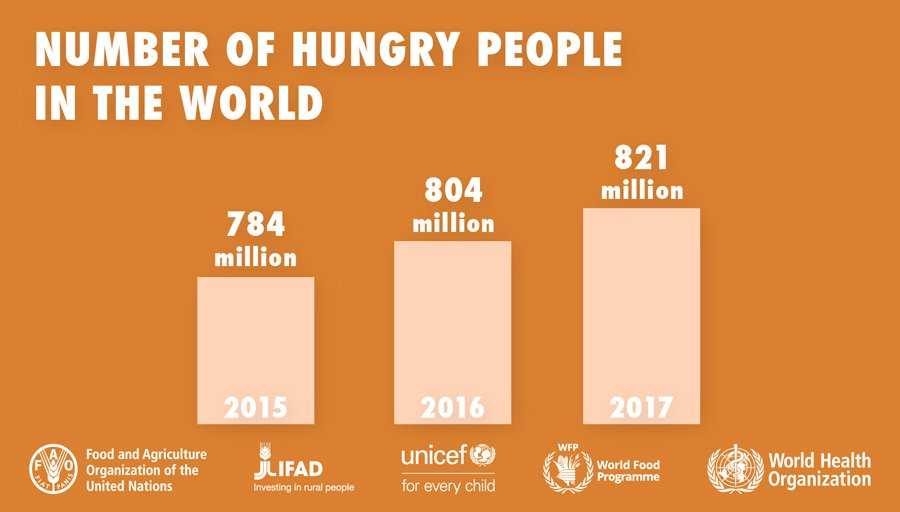
How capitalist agriculture is failing millions of people
However, this is not the result of food shortages – instead, it results from the fact that global food production and consumption is mainly geared to satisfying the demands of the meat and dairy industries in the richer countries of the world. Currently, multi-national capitalist big business dominates the global food system.
Yet there is no need for people to suffer such hunger and starvation – if only we stopped feeding most of all crops grown to feed animals. Apart from anything else, the production of meat and dairy foods is hugely wasteful of resources and energy: 100 kilos of plant protein is needed to produce 9 kilos of beef protein or 31 kilos of milk protein. Or, to put it another way, 10 hectares of land can produce:
• meat to feed 2 people
• maize to feed 10 people
• wheat/ grain to feed 24 people
• soya to feed 61 people.
Another set of comparisons – based on calories and protein – was made by the University of Minnesota: for every 100 calories fed to cattle in the form of grain, only 3% are returned via the meat. For each 100gms of protein fed to animals, humans only receive back 43gms from milk, 35gms from eggs, 10gms from pork and only 5gms from beef.
It is thus far more efficient (and environmentally friendly) – in terms of land, energy, water and labour – to grow food to feed people directly, as opposed to passing it through animals first. Currently, over 50% of all crops grown is fed to farmed animals; with over 75% of soya bean production going to feed animals – and the richer countries are eating more and more meat. These developments, combined with increasing crop failures in many parts of Africa and Asia – mostly the result of global heating – means that more and more people across the globe will face starvation. One way to stop the scandal of hunger in the world would be to move away from a diet based on eating animals and their products.
Land degradation
The big capitalist agri-businesses require 70% of the world’s land, either as grazing for animals or for growing crops for feed. To ensure enough productive land is available, huge areas of forests are being felled all over the world – sometimes illegally – on an industrial scale. The cattle sector of Brazilian Amazon agriculture has been responsible for 80% of all deforestation in the region, or roughly 14% of the world’s total deforestation.
But the over-use of often poor-quality land, is leading to top-soil loss and land degradation. These processes release huge amounts of CO2 – the biggest culprit being cattle farming, which is by far the main cause of deforestation across the globe. In particular, it is increasingly responsible for the destruction of what remains of the Amazon rainforest.
Globally, forests are still being lost at a rate of 7.3 million hectares per year – mostly for cattle ranching and the growing of fodder crops. Currently, about 70% of the cleared Amazon rainforest is used for the grazing of cattle, while most of the remaining 30% is used for growing soya for animal feed. Europe’s livestock alone uses 18 million tonnes of soya per year from the Amazon. In addition, the clearing of these forests for grazing and fodder, using ‘slash and burn’, emits 2.4 billion tonnes of CO2 per year.
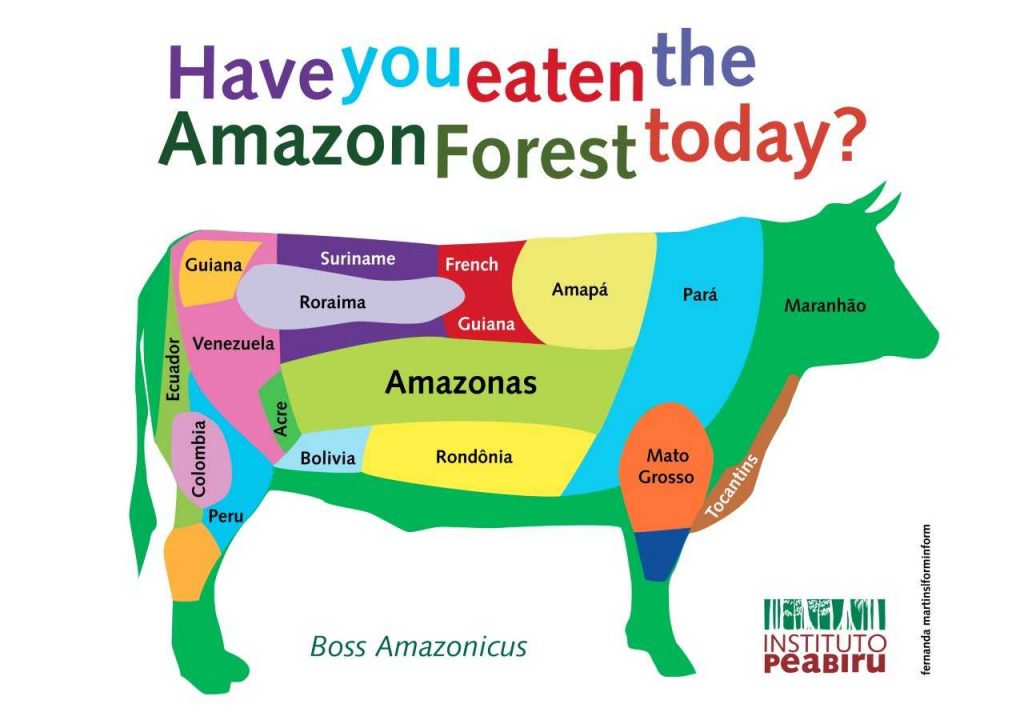
You are what you eat!
Just 1 beef hamburger results in the destruction of:
• 1 large tree
• 50 saplings
• almost 30 different species of seedlings
• hundreds of species of insects, mosses, fungi and micro-organisms.
In addition, the meat and dairy industries also contribute to land degradation and water pollution as a result of their truly massive use of pesticides, fungicides, herbicides, growth-hormones and fertilizers to meet the ever-growing demand for meat, milk and animal fodder. In the UK alone, 4.5 billion litres of pesticides are used each year. As well as being present in our food, they accumulate in the soil and leach into our water systems. Along with these, are the heavy metals and antibiotics which are routinely fed to livestock at low levels: farm animals only absorb, at the most, 15% of these – the rest is excreted into the environment.
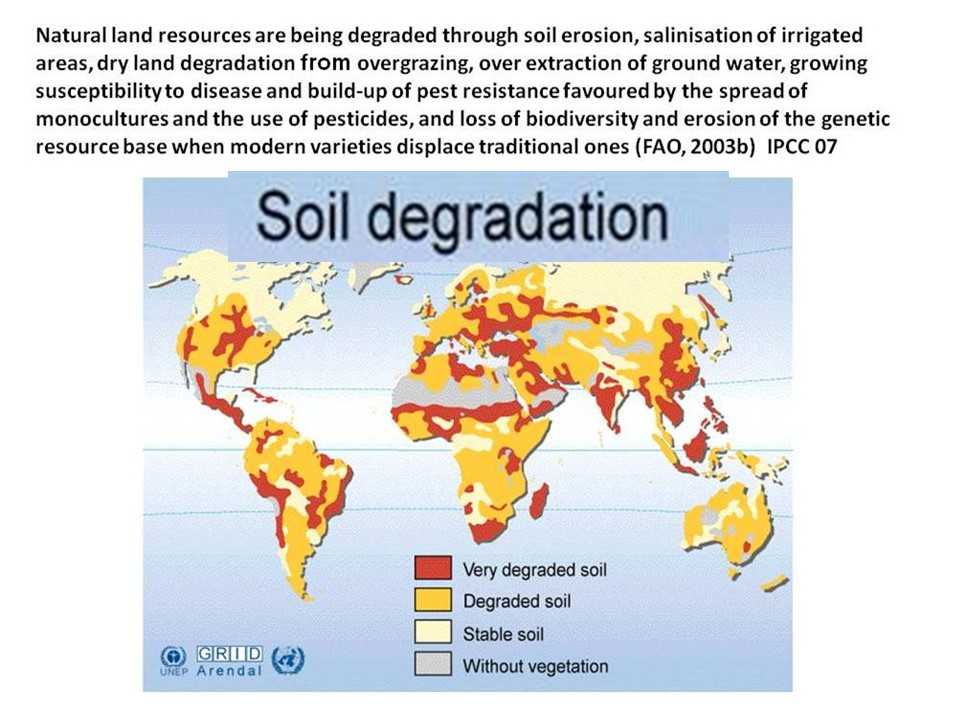
The ever-worsening impact of capitalism’s globalised meat and dairy agri-businesses
Finally, livestock excreta – 13 billion tonnes a year! – also causes serious problems for the environment, via the release of nitrogen, phosphorus and disease-carrying bacteria. The use of nitrogen fertilisers poses a particularly serious problem, as only about 50% of it is taken up by crops. The rest evaporates into the atmosphere or gets washed into water systems. All of this – as well as posing increasing threats to human health – is seriously damaging the functioning of eco-systems: it is estimated that 60% of global biodiversity loss is directly due to intensive capitalist agriculture.
Water scarcity
Worldwide, agriculture uses 70% of all available fresh water but by far the biggest users of this water are the meat and dairy industries. Not only are they one of the major creators of greenhouse gases and thus the Climate Crisis, they also require huge amounts of water to grow the crops and provide the drinking water needed by livestock. In addition, huge volumes of water are used by slaughterhouses. These industries are thus harming the planet and contributing to world hunger by creating a growing water-scarcity problem.
To produce just 1 kilo of beef, a staggering 100,000 litres of water is needed, compared to the 1000 litres needed to grow 1 kilo of wheat. Just one quarter-pound beef burger uses 11,000 litres, while a litre of milk needs 3000 litres.
However, in many parts of the developing world, the meat and dairy industries use over 90% of all freshwater supplies. This has been a major cause of the 8% increase in the number of arid areas over the past decade – with the result that more than 2.3 billion people live in ‘water-stressed’ areas; while a further 1.7 billion live in areas of ‘water scarcity’. In addition, 2 billion people have little access to clean water: as a result, 25 million people die every year. Currently, 1 billion people in Asia, between 350 and 600 million people in Africa, and almost 80 million in Latin America, are seriously affected.
Increasing ‘desertification’ is to a large extent down to the demands of the meat and dairy industries – some studies estimate these industries to be responsible for 93% of recent increases. According to the University of California, it takes about 25 gallons of water to produce 1lb of vegetables – but 441 gallons to produce 1lb of beef:

Desertification: yet another impact of the meat and dairy agri-businesses
Yet the IMF actually requires poorer countries, if they want aid, to privatise their water resources, so that these ‘raw materials’ can be bought and controlled by the huge multi-national agri-businesses for meat and dairy production – with the vast bulk of these products mainly ending up in the richer countries.
This is despite the fact that the UN’s FAO has calculated that 20% of pastures and ranch lands in the more fertile areas are now degraded by over-use by agri-businesses – and that in arid and semi-arid areas, the figure is 73%. Particularly prone are rain forest lands: the loss of evaporation through leaves leads to reduced water vapour and a drying climate. In some areas, rainfall virtually ceases.
This is another major cause of famine. Many people in richer countries have shown great sympathy with the victims of famine: but few realise how the Western diet, based as it is on meat and dairy products, plays such a big role in creating these victims.
As well as being a major contributory factor as regards world hunger, many political analysts increasingly see access to water rather than oil as becoming the leading cause of future regional conflicts. Yet the most effective way to slow down the process of desertification is to reduce over-grazing, deforestation and intensive stock-raising agriculture. People adopting a vegetarian or – even better – a vegan diet is one way of beginning to slow down these harmful developments.
Conclusion
The environmental arguments in favour of a vegan/plant-based protein diet appear overwhelming. On the other hand, the environmental impacts of the meat, dairy and fish industries – and their increasingly toxic effects on the planet – are extremely serious and worrying. The evidence is clear: ruthless capitalist agri-business corporations are destroying the planet.
According to Philip Lymbery (Dead Zones: Where the Wild Things Were, 2014), the planet is now reaching a crucial tipping point, and intensive agriculture is playing a major role in this, swallowing up nearly half the planet’s useable land and two-thirds of its fresh water, whilst also inflicting great damage on the soil.
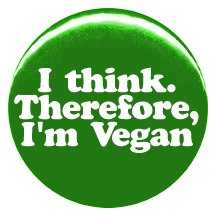
As Descartes would have said, were he alive today – probably!
These issues raise an interesting question: can anyone be a serious environmentalist or ecosocialist whilst still eating significant amounts of meat, dairy and fish products? Whilst it is true that individual lifestyle choices – on their own – will not ultimately solve the many problems of the capitalist system, it is worth quoting at length what UK ecosocialist Alan Thornett had to say about this:
“Why is it ‘well-meaning’ or ‘moralistic’ to have regard to your personal impact on the planet? Doesn’t it make sense? Would it be better if people had no regard for their personal impact and just carried on eating more hamburgers, driving more miles, and taking more flights? Of course not…Surely those taking individual action are already more aware of environmental problems than those who see no reason to do so, and are more likely to demand collective action and to take part in it.”i
From talking to many XR activists over the past two years, it is clear that, for them, the move from changing their personal lifestyle choices to taking direct civil resistance actions was simply the next logical step.
Bizarrely, a vegan driving a petrol-guzzling 4×4 is less environmentally-damaging than a meat and dairy consumer driving the most ‘green’ car currently available. Even if a move to an entirely vegan diet seems a step too far, people can still move towards it by reducing their meat and dairy consumption.
And it’s so easy to do now, as most supermarkets stock a wide selection of vegan products. The Co-operative, Sainsburys and M & S even stock a good selection of vegan wines and beers! There are also plenty of independent wholefood shops.
So, maybe – to misquote The Vapors – it IS time for us to be “turning veganese!” in even greater numbers than is already happening.
=============================================
Allan Todd is a member of Left Unity, an ecosocialist/environmental and anti-fascist activist, and author of Revolutions 1789-1917
i A. Thornett, Facing the Apocalypse: Arguments for Ecosocialism, 2019, p.193.
Left Unity is active in movements and campaigns across the left, working to create an alternative to the main political parties.
About Left Unity
Read our manifesto
Left Unity is a member of the European Left Party. 
Read the European Left Manifesto
ACTIVIST CALENDAR
Events and protests from around the movement, and local Left Unity meetings.

Saturday 19th July: End the Genocide – national march for Palestine
Join us to tell the government to end the genocide; stop arming Israel; and stop starving Gaza!
Summer University, 11-13 July, in Paris
Peace, planet, people: our common struggle
The EL’s annual summer university is taking place in Paris.
More events »
GET UPDATES
Sign up to the Left Unity email newsletter.
CAMPAIGNING MATERIALS
Get the latest Left Unity resources.


